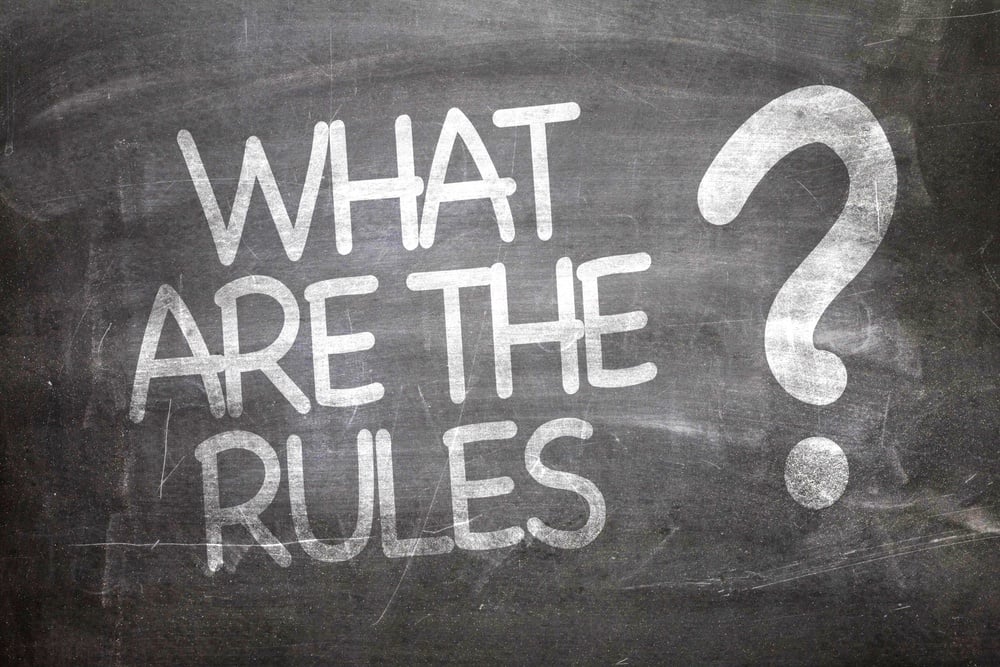Savings Accounts Fees to Watch Out For
When you open up a savings account at a financial institution, you’re getting a safe place to store your cash. You’re also getting a bit of interest...
3 min read
 Jenna Taubel
:
May 24, 2018 6:16:00 AM
Jenna Taubel
:
May 24, 2018 6:16:00 AM

You have probably encountered at one point being hit with a fee for transferring money out of your savings account one too many times. This is often called an excessive withdrawal fee, and I was little surprised when it first happened to me too. I was naturally annoyed that my financial institution would charge me a fee to access my own money, but this is what I learned about that annoying fee after doing a little research and now I know how to avoid this fee in the future.
IMPORTANT NOTE: Effective March 29, 2021 the Federal Reserved issued new rulings on Regulations D transaction limits.
An excessive withdrawal fee comes from a regulation imposed by the federal government, Regulation D, which limits the number of withdrawals that can come out of a savings or money market account to six (6) in a single month. Your financial institution is required by law to limit your account this way; some banks and credit unions charge a fee however the exact amount of the fee is up to each financial institution. Others simply stop you from making the transaction all together. If you are considering opening a new account somewhere you need to ask about this type of charge, they can range anywhere from $5 to $30 or more. Some financial institutions also start charging a fee after only three withdrawals, so pay attention to the fine print before opening an account.
The purpose behind the regulation is to ensure that you are using your savings account for the purpose it was intended, to save money. Savings accounts are not designed to be transactional in nature, they are meant for your money to sit there and accumulate interest. So when you start to use your savings account for multiple transactions there is a penalty applied, aka the withdrawal fee. Plus, if you are habitual in exceeding your six allowed transactions every month, your financial institution is allowed to close your savings account or convert it into a checking account. So, even if you have so much money that you don’t mind being charged a fee for extra withdrawals, there are still consequences for completing too many withdrawals out of your savings account.
That being said, not all transactions are created equal, there are different types of transactions that do not count toward your six, and some that do. Next, let’s take a look at the different transaction types to help you avoid excessive withdrawal fees all together!
Here is the list of the transactions that are counted toward your total six allowed transaction each month on your saving account. Your total transaction limit can be reached through a combination of any of these types of withdrawals:
These are the transactions that are not counted toward your total six allowed transactions each month on your saving account.
The simple answer to avoiding this fee is just don’t withdraw money from your savings account more than six times in a month. However, sometimes that is easier said than done, so here are a few other options for how to avoid an excessive withdrawal fee:
Yes, fees are really annoying but they usually have a purpose. Luckily, as with excessive withdrawal fees, they can be avoided all together with better money management practices and a little knowledge of how they work. If you ever find yourself with a fee you didn’t expect contact your financial institution to learn about the fee, if it is your first offense they may be willing to reverse it. Lastly, always read the fine print before you open a new account so you know what is and is not allowed for activity on the account.

When you open up a savings account at a financial institution, you’re getting a safe place to store your cash. You’re also getting a bit of interest...

In previous blog posts, we’ve talked about why a trust fund can help you even if you’re not rich. We’ve also talked about how to set up a trust fund.

Money market accounts have some significant advantages over a traditional savings account, including a higher interest rate that makes your money...